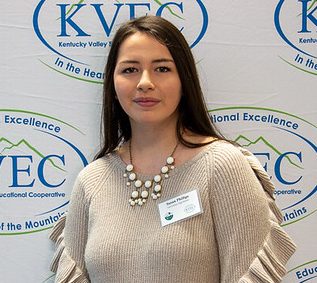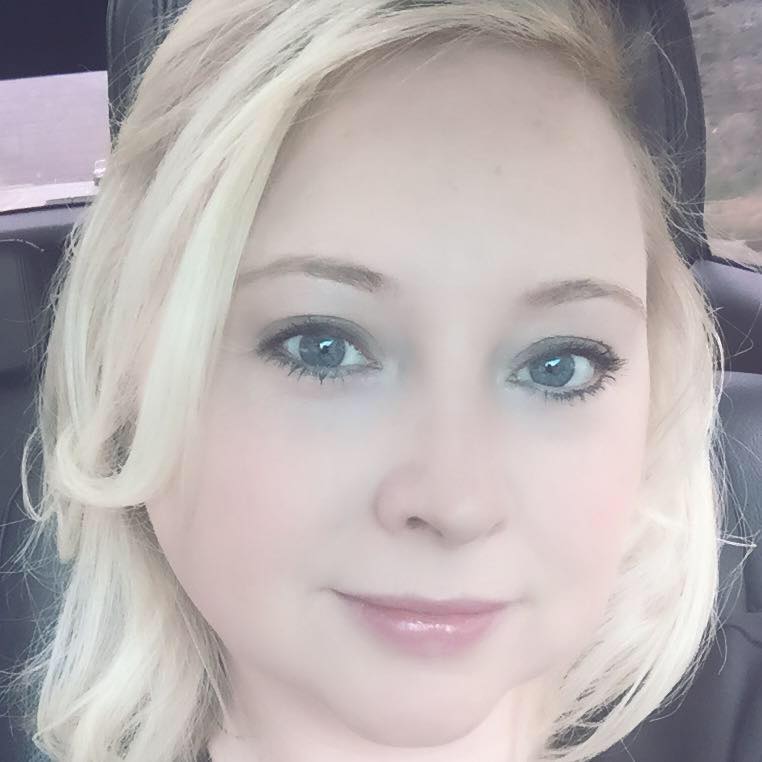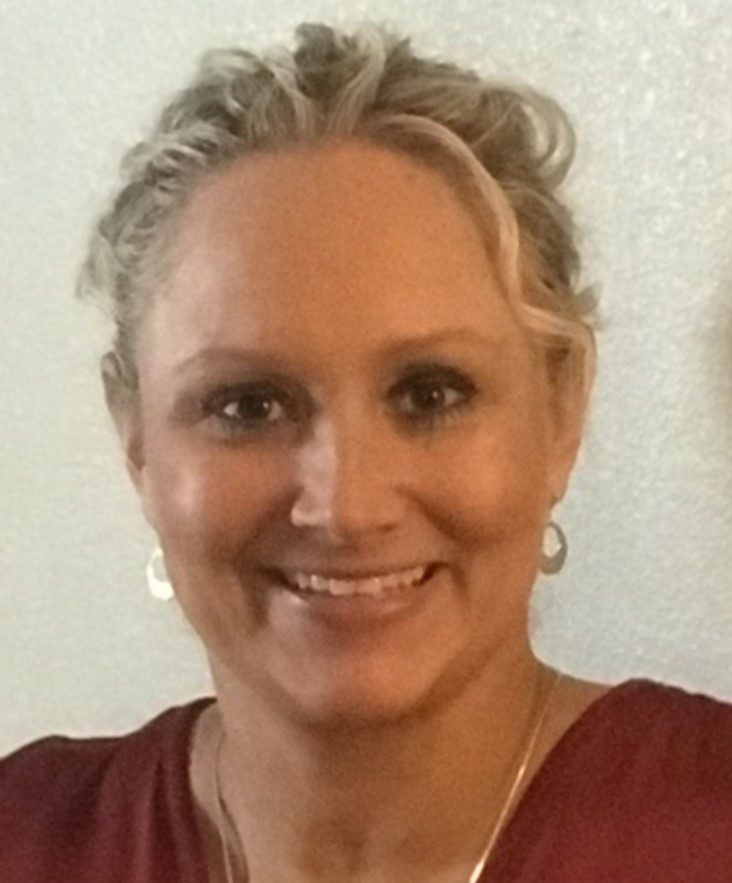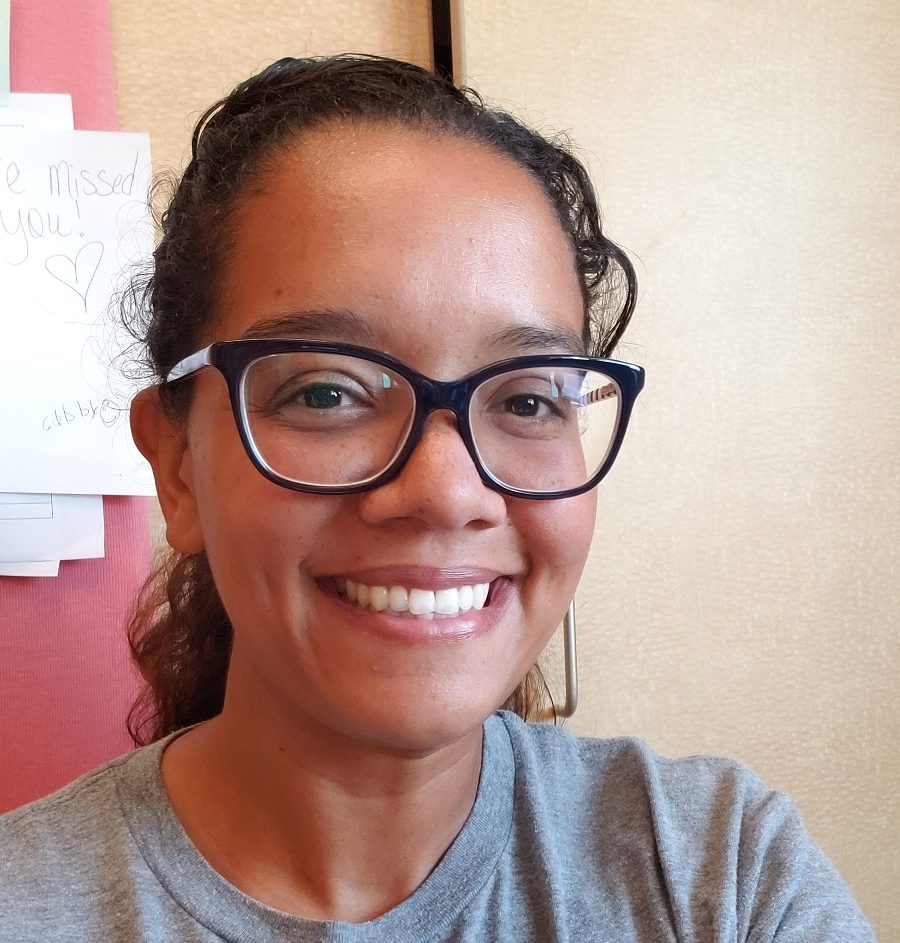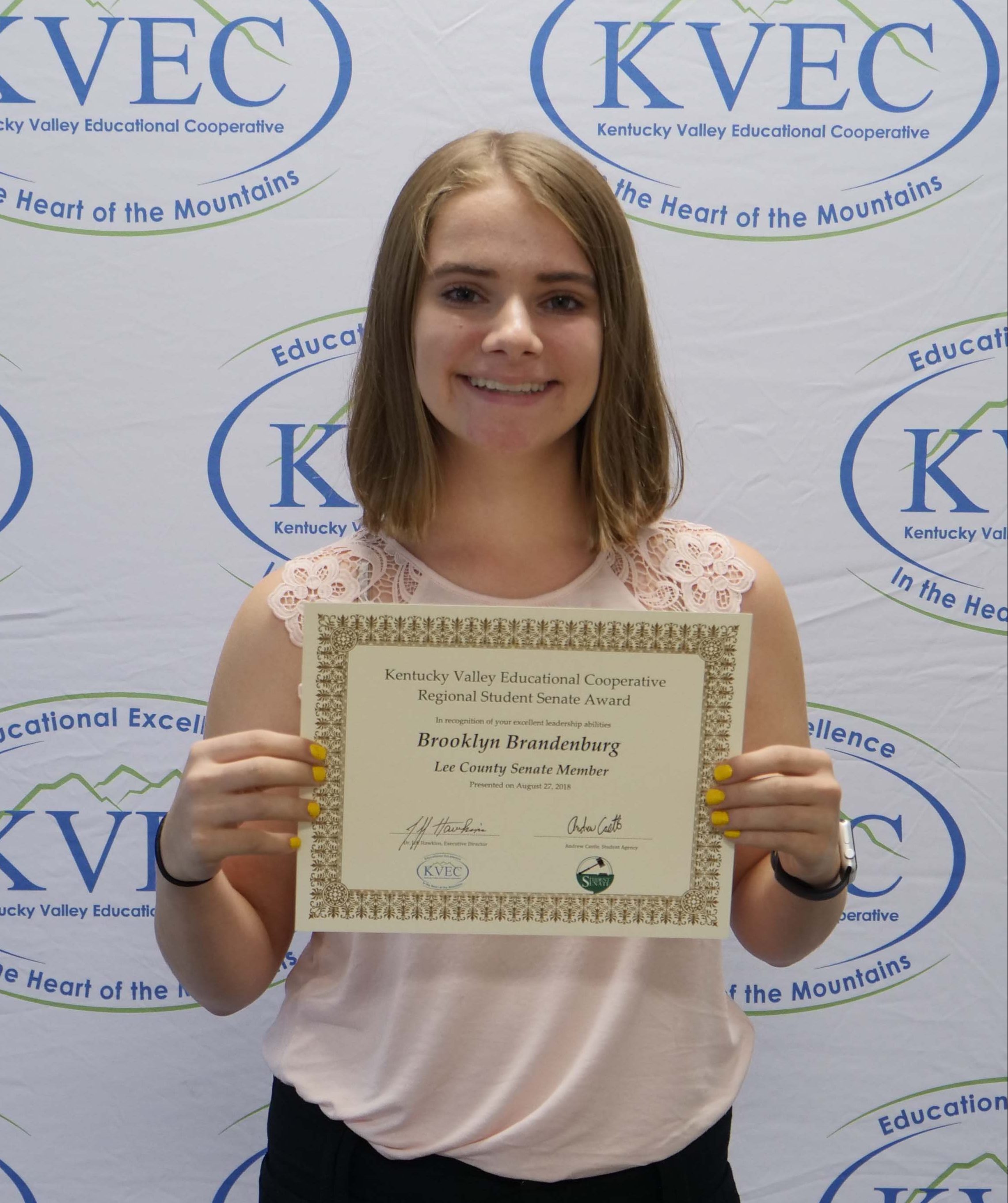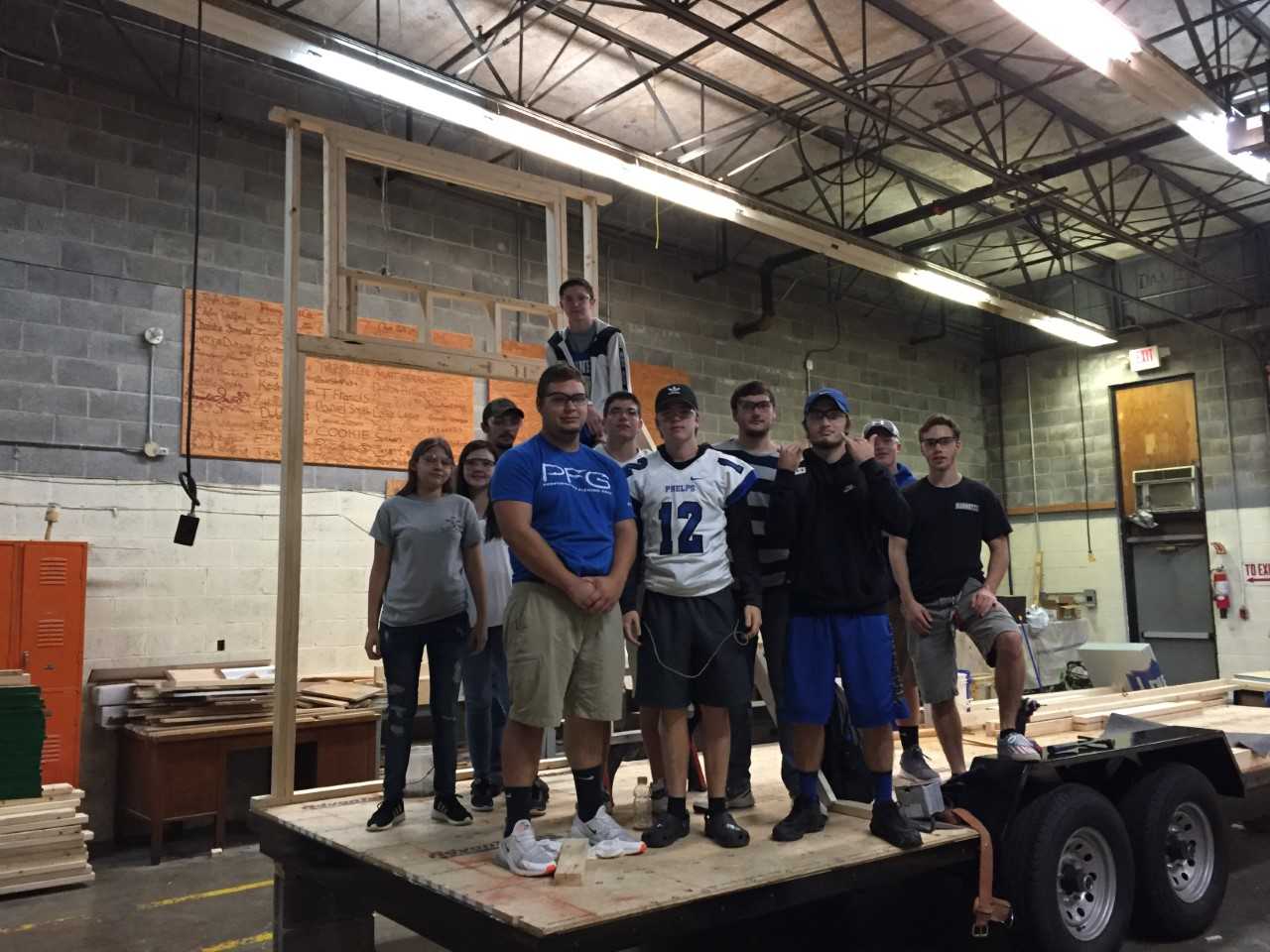Concourse C – Segment A
Presenter 1: John Handshoe
Science students at Hazard High School often fail to integrate scientific principles into everyday situations or see the relevance of applied research. We believe that the level of their engagement may be a contributing factor. While in the classroom, engagement varies greatly, both within science classes and individual classes themselves. Research, being a necessary component of science, will be conducted that has real-world applications. This, we believe will increase student engagement. Students for the project will be selected based on interest. The project itself will be based on researching the properties of available materials for the purpose of creating and improving on an efficient and cheap power source called an Aluminum-Air battery. Aluminum-Air batteries are a relatively recent arrival but offer a great potential in the field of energy storage. An accurate, in-depth explanation of Al-Air batteries may be found at https://en.wikipedia.org/wiki/
In summarizing the importance of this type of battery, it can be said that they have the potential of eight-times the energy density of standard batteries, can be made easily at home with everyday materials, and produce a standard voltage of approximately 1.2 volts. The voltage is created by the degradation of the anode or aluminum side of the battery. Because the source of the electricity is the aluminum metal itself, a relatively large supply of electrons is available to produce current. Currently, the main drawback to Al-air batteries is an issue with the electrolytic solution used to conduct the electricity. During the electrochemical process that produces the electrical current, the electrolytic solution begins to change into a material that doesn’t easily allow conduction of electricity. Our project will be to evaluate several materials that could be used for the components of an Al-air battery, including the type of electrolytic solution, and attempt to develop an improved version that can easily be manufactured and utilized. Since one of the main components is simply aluminum metal, we intend on utilizing a source from another grant project, Recycling Hazard, if funded. Ideally, we will be able to use an Al-air battery to charge a smart phone by the end of the project.
Presenter 2: Phelps ATC
Tiny House Project
Presenter 3: Whitney Nevarez
Fantastic Floor
Design a sensory walk experience for our Exceptional students to help them when transitioning to and from the resource room.
Presenter 4: Dena Smith
The Green Thumb Initiative
Robinson Elementary would like to propose the idea of a year-round gardening initiative we have dubbed the Green Thumb Initiative that would allow students to gain skills that are beneficial in school and beyond. For a couple of years, our physical education/character/health education teacher has had a small garden on the school grounds where tomatoes and strawberries are grown. Students always take great interest in these plants – both caring for them as well as enjoying them once they are ready to be eaten. This sparked the idea of having a year-round greenhouse available to our students to grow herbs, vegetables and seasonal flowers for special occasions and for the enjoyment of the student body. Many of our students are tactile, hands-on learners who learn best when they are actively involved in the process. In addition, we have several students who simply have energy galore. Work that requires sitting quietly in a seat and focusing on a lecture sometimes proves to be difficult if not impossible for these students. It is believed that the Green Thumb Initiative would give them the opportunity to be actively involved in their learning and allow them to demonstrate learning in ways that are not traditionally addressed in the classroom.
Presenter 5: Brooklyn Brandenburg & Susan Phillips
KVEC Student Senate
Presenter 6: Jesse Lucas
DEMO-lishing Misconceptions
Presenter 7: Sarah Kincaid, Kecia Maynard & Todd Cassell
LIFE SKILLS
Learning Through Teaching Sociology: How to Live and Behave in Society is a senior level course that is partnering with the FMD Unit and Special Education classes to create lessons that teach these essential life skills. Sociology students will develop the lesson in conjunction with the FMD teacher in order to assist students in meeting ckeck points. Groups will be formed to discuss the skills needed and how the skill is going to be taught and mastered. Students will work together completing activities and then model behavior. The final aspect of the teaching will be all students writing, directing, and starring in short instructional videos that will be uploaded to the school website to be available to the community.

